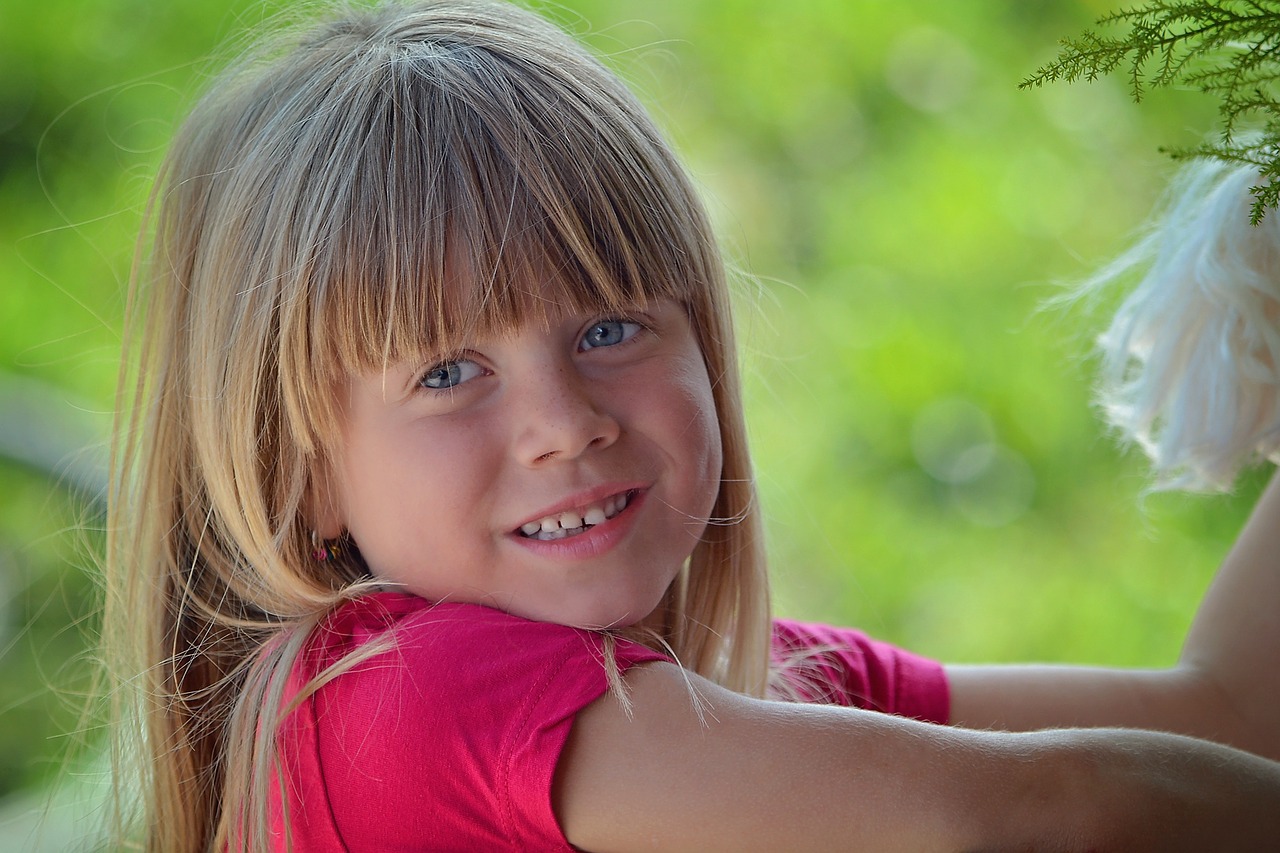How to Take Care of Your Children’s Oral Hygiene
Dental care habits are best learned from childhood, so it’s essential to take action early in life and teach your children about oral hygiene at a young age. Their primary teeth (also known as their “baby” teeth) must be cared for properly, as these are the ones that will maintain the space in which their later permanent teeth will start to come in.
As parents, we look to prevent cavities and other possible conditions related to oral health in our kids. The best way to do it is to help them establish good oral hygiene habits. Below, we’ll review the basics of children’s dental hygiene. That way, you can educate your children and help them understand why oral care should be such a crucial part of their daily routine.
The First Steps of Oral Care
It seems that you only have to worry about taking care of children’s oral health when their teeth come in, but it’s actually recommended to start taking measures from their first months of life. Pediatric dentists generally advise cleaning your baby’s gums with a clean, damp cloth or gauze, especially after feedings or when putting them to bed at night.
On the other hand, the prolonged use of pacifiers or thumb sucking are also things to look out for at this stage, as they could affect the child’s mouth and teeth development. Kids shouldn’t use the pacifier beyond two and a half years, and you should never spread it with sugar or honey. Your child must be taught to stop sucking their thumb and give up their pacifier as soon as possible.
Daily Brushing
Brushing should be done after each meal, with brushing before bed being the most important. Choose a brush that’s suitable for your child’s age, and look for one with an ergonomic and thick handle that can facilitate maneuverability. To motivate them, you can choose a brush with bright colors and cartoons. Children should brush their teeth for at least two minutes each session to reduce the risk of tooth decay and gum disease.
It’s best to brush children in circular motions and with fluoride toothpaste. Oral health professionals often point out the recommended concentration of fluoride to seek in your child’s toothpaste. Parents should change children’s toothbrushes every three months – or when the bristles are bent, fall off, or look worn out – to ensure the best oral care. If your kid is old enough, you can opt to use a kid’s electric toothbrush, since these can be more effective when removing trapped food particles and preventing plaque.
Going Beyond Brushing
Most parents believe that brushing is enough to keep their children’s teeth clean, but proper oral care goes a bit beyond that. Dental floss, for example, removes bacterial plaque where the brush cannot reach, prevents the development of cavities, and prevents the development of gum disease. The recommended age for starting flossing after each meal is around six years old, though they’ll need adult assistance until they can do it independently.
If your children play any sport, or if they’re at an age where frequent falls occur, it could also be advisable for them to wear a dental splint. These custom-fit mouthguards protect teeth and gums from breaking, displacement, and loss. Also, instead of rinsing their mouth after brushing, it’s recommended that your children only spit out the excess toothpaste. This way, fluoride isn’t eliminated or diluted, and its preventive effect is enhanced.
A Healthy Diet
A good diet is the key to enjoying a healthy mouth. Avoid giving your children too many sugary foods, and encourage them to eat foods that strengthen their teeth. This includes foods such as dairy products, vegetables, and fruits. You should also use their bottle only for milk and avoid adding any sugar to the milk in it. Likewise, don’t use the bottle for other drinks (such as fruit juices or soft drinks) and encourage your child to drink from a glass.
Periodic Dental Check-Ups
Take your children for regular dental check-ups. Depending on their specific needs, their dentist will advise how often they should do it. As with any other disease, prevention, early detection, and treatment are crucial to ensuring the best results. Remember that children imitate their parent’s behavior, so let them know you’re going to check-ups as well, and show them you have good oral hygiene habits, too.
Good oral hygiene aims to establish healthy dental habits and protect the child’s primary teeth. Therefore, strive to teach your child to brush their teeth as if it were a game, especially after they turn two years old. Always make things fun and share brush time with them so they enjoy the process. That way, by the time most of their teeth have erupted, you’ll see your child enjoying good oral health!

